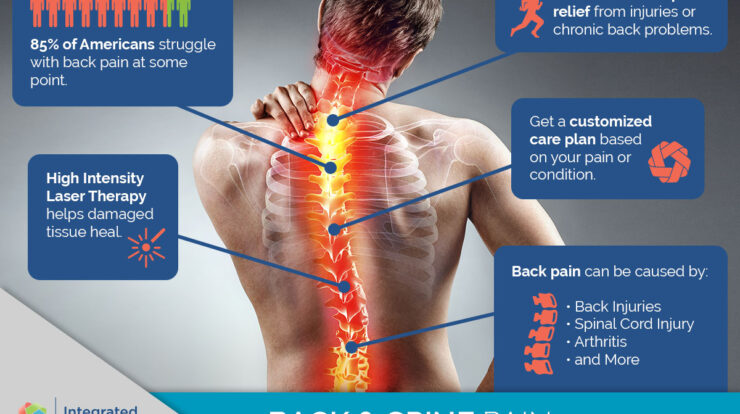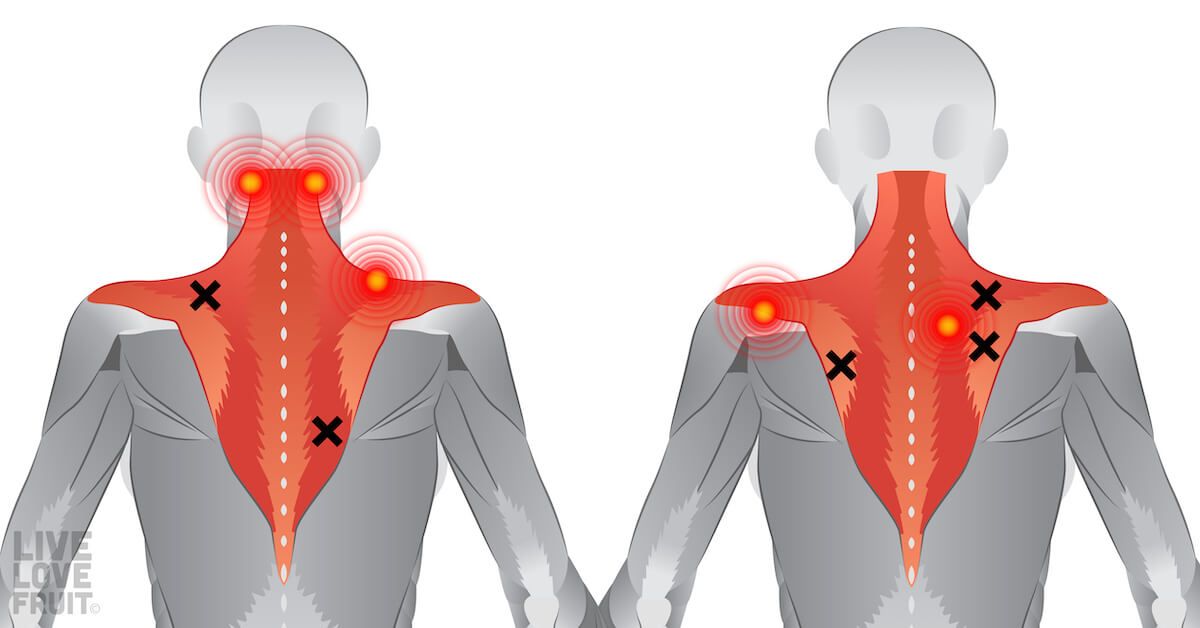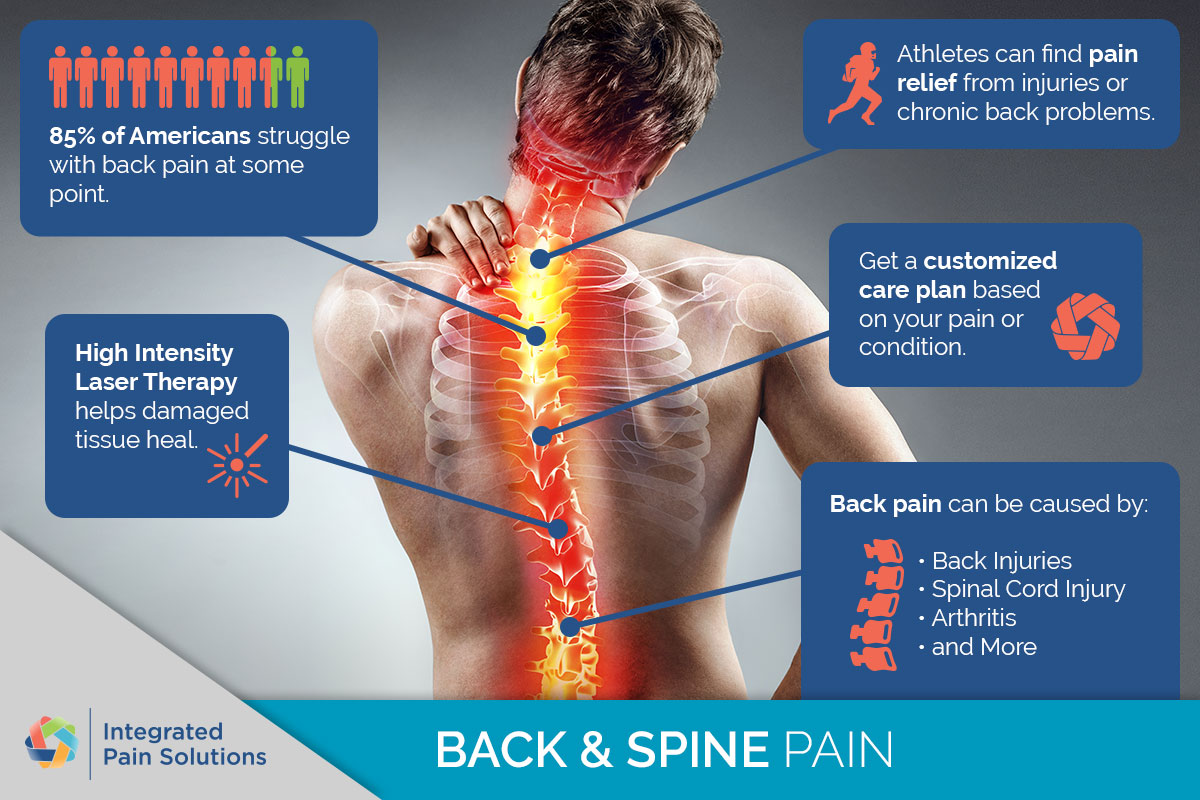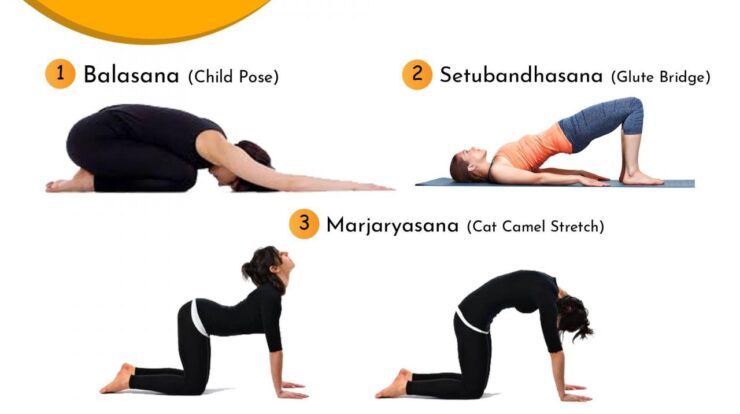
How can stiff and tight muscles result in back pain? – Back pain is a common complaint that can stem from various causes, including stiff and tight muscles. Understanding the connection between muscle stiffness and tightness and their impact on back pain is crucial for effective pain management and prevention. This article delves into the intricate relationship between muscle tension and back discomfort, providing insights into how these factors can contribute to pain and offering practical tips to alleviate it.
Happy Mother’s Day to all the moms who make the world a better place. We appreciate everything you do for us, and we love you more than you know. Happy mothers day wishes for all moms .
Stiff muscles in the back can result from prolonged sitting, poor posture, or repetitive movements. Over time, these stiff muscles can compress nerves, leading to pain, numbness, or tingling. Similarly, tight muscles in the back can restrict movement and cause discomfort, especially when performing certain activities or maintaining specific postures.
Happy Heavenly Mother’s Day to all the moms who are no longer with us. We miss you every day, and we will always cherish the memories we have of you. Happy heavenly mother’s day mom .
How Stiff and Tight Muscles Can Result in Back Pain

Stiff and tight muscles in the back can lead to significant discomfort and pain. Muscle stiffness refers to a reduced range of motion due to shortened or tense muscles, while muscle tightness is a feeling of tension or constriction in the muscles.
Both conditions can contribute to back pain, but they do so in different ways.
How Stiff Muscles Can Lead to Back Pain
Stiff muscles in the back can cause pain and discomfort due to several mechanisms. Firstly, stiff back muscles can compress nerves, leading to pain, numbness, or tingling sensations. This nerve compression can occur when muscles are shortened or tight, putting pressure on nearby nerves.
Secondly, stiff muscles can restrict movement, making it difficult to perform everyday activities without pain. Over time, this restricted movement can lead to further muscle imbalances and pain.
Tight Muscles and Their Impact on Back Pain, How can stiff and tight muscles result in back pain?
Tight muscles in the back can also contribute to pain by restricting movement and causing discomfort. When muscles are tight, they can limit the range of motion in the back, making it difficult to bend, twist, or lift objects. This restricted movement can put strain on other muscles and joints, leading to pain and discomfort.
If you’re experiencing lower back pain, there are several exercises you can do to relieve it. Exercises to relieve lower back pain can be done at home or in the gym. Some of the most effective exercises include pelvic tilts, knee-to-chest stretches, and lower back extensions.
You can find more information on these exercises online or by talking to your doctor.
Additionally, tight muscles can create trigger points, which are small, painful knots that can refer pain to other areas of the body.
The Relationship Between Muscle Stiffness and Tightness
Muscle stiffness and tightness are often interrelated and can coexist. Stiffness can lead to tightness over time, as shortened muscles become more tense and restricted. Conversely, tight muscles can become stiff if they are not stretched or used regularly. This cycle of stiffness and tightness can lead to chronic back pain if not addressed.
Preventing Back Pain Related to Stiff and Tight Muscles
To prevent back pain caused by stiff and tight muscles, it is essential to maintain flexibility and strength in the back muscles. Regular stretching can help to improve muscle flexibility and reduce stiffness. Strengthening exercises, such as core and back exercises, can help to improve muscle strength and stability, reducing the risk of muscle tightness and pain.
Happy Heavenly Mother’s Day to all the moms who are watching over us from heaven. We know you’re always with us, and we love you more than words can say. Happy heavenly mother’s day .
Additionally, maintaining proper posture and avoiding prolonged sitting or standing can help to prevent muscle imbalances and back pain.
Conclusive Thoughts: How Can Stiff And Tight Muscles Result In Back Pain?

The relationship between muscle stiffness and tightness is complex, with each condition potentially leading to the other. Addressing both issues is essential for long-term pain relief. By implementing preventive measures, such as stretching, strengthening exercises, and maintaining proper posture, individuals can effectively reduce their risk of developing back pain related to stiff and tight muscles.
Consulting with a healthcare professional can provide personalized guidance and tailored treatment plans to manage back pain effectively.
FAQ Guide
Can stretching help relieve back pain caused by stiff muscles?
Yes, stretching can help improve flexibility and reduce muscle stiffness, which can alleviate back pain. Regular stretching can also help prevent future episodes of pain.
If you’re looking for a way to relieve lower back pain at home, there are several exercises you can try. Lower back exercises at home are a great way to strengthen the muscles in your back and improve your posture.
Some of the most effective exercises include bridges, planks, and bird dogs. You can find more information on these exercises online or by talking to your doctor.
What are some common causes of tight back muscles?
Tight back muscles can result from poor posture, lack of exercise, or activities that involve repetitive movements or prolonged sitting.
How can I prevent back pain related to stiff and tight muscles?
Maintaining good posture, engaging in regular exercise, and practicing proper body mechanics during daily activities can help prevent back pain caused by stiff and tight muscles.





